Posted on Novembre 20, 2023
Isabelle Piot-Lepetit and Fatima El Hadad-Gauthier are the editors of a special research topic entitled: Strategies of Digitalization and Sustainability in Agrifood Value Chains in the Journal Frontiers in Sustainable Food Systems, section Agricultural and Food Economics.
The topic of this special issue is to explore the setting up of strategies related to the digitalization and the sustainability of both developed in the agrifood value chains, as for the moment it has not very often been investigated.
The contribution can cover one, a few, or all the segments of an agrifood value chain.It can also investigate several agrifood value chains.
Frontier’s articles achieve international visibility as it is highly visible and cited across the World (The 3rd most-cited publisher in 2022). Frontiers in Sustainable Food Systems currently has an Impact Factor of 4.7 and a CiteScore of 5.2. Within this Journal, the Agriculture and Food Economics section has just been launched, and this special issue will be the first to be published in this section.
This special issue is a great opportunity to promote your work and publish on your research projects, so please do not hesitate to consider it to publish your work!
The main expected thematics are:
- Sustainable strategies implying digital technologies and solutions
- Management issues of sustainable agrifood value chains implied by digitalization
- Contingencies related to the strategies of digitalization for sustainability
- Organizational changes, network impacts and supply chains arrangements
- Digital innovations for traceability and transparency issues
- Links between the strategies of digitalization for sustainability and market dynamics
- Role and impacts of legal and institutional arrangements on these strategies
🔎 If you want to know and read more about the Topic you can find all the informations needed through this link : https://www.frontiersin.org/research-topics/58202/strategies-of-digitalization-and-sustainability-in-agrifood-value-chains
🔎 If you want to submit a manuscript, please upload it on the Journal Website.
A non-mandatory abstract can be submitted whenever ready, while the manuscript is expected at the latest the 30th of April 2024.


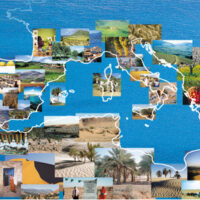 CIHEAM MontpellierOur vision is that of a Mediterranean basin characterised by a spirit of cooperation.
CIHEAM MontpellierOur vision is that of a Mediterranean basin characterised by a spirit of cooperation.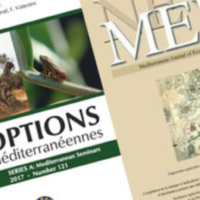 CIHEAM publicationsOur publications and communication tools aim to facilitate decision-making processes for political, economic and agricultural actors in the Mediterranean region
CIHEAM publicationsOur publications and communication tools aim to facilitate decision-making processes for political, economic and agricultural actors in the Mediterranean region News and events
News and events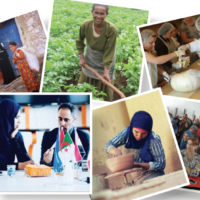 Press review (Scoop.it)
Press review (Scoop.it) Master programmesThe CIHEAM Montpellier stands for both personalised accompaniment and international openness.
Master programmesThe CIHEAM Montpellier stands for both personalised accompaniment and international openness.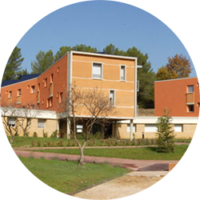 Campus & student lifeSince 1962, almost 95% of our foreign students have been granted accommodation on site.
Campus & student lifeSince 1962, almost 95% of our foreign students have been granted accommodation on site.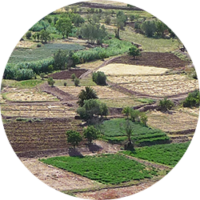 Doctoral platformShaping the scientists of tomorrow through research training… A natural commitment of the CIHEAM Montpellier
Doctoral platformShaping the scientists of tomorrow through research training… A natural commitment of the CIHEAM Montpellier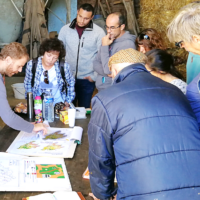 ProjectsOur research and cooperation projects are tools for inclusive development, they take into account the populations and rural and coastal territories of the Mediterranean.
ProjectsOur research and cooperation projects are tools for inclusive development, they take into account the populations and rural and coastal territories of the Mediterranean.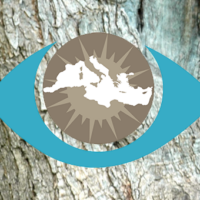 Mediterranean online catalogueA unique Documentation Center on the Mediterranean,
invested in sharing knowledge.
Mediterranean online catalogueA unique Documentation Center on the Mediterranean,
invested in sharing knowledge. Scientific productionThe scientific production of the CIHEAM Montpellier is the fruit of collaborations by our lecturer-researchers, associated experts, students and research partners.
Scientific productionThe scientific production of the CIHEAM Montpellier is the fruit of collaborations by our lecturer-researchers, associated experts, students and research partners. Becoming partnersCreating partnerships is part of the genetic make-up of the CIHEAM Montpellier... Join one of its projects or study programmes, support its actions.
Becoming partnersCreating partnerships is part of the genetic make-up of the CIHEAM Montpellier... Join one of its projects or study programmes, support its actions.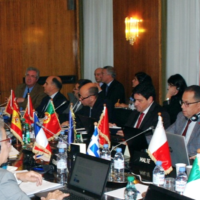 Ministerial meetingsThrough the Ministerial, CIHEAM contributes to the construction of a dialogue between the Mediterranean countries around questions relating to agriculture and the rural world.
Ministerial meetingsThrough the Ministerial, CIHEAM contributes to the construction of a dialogue between the Mediterranean countries around questions relating to agriculture and the rural world.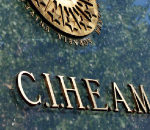
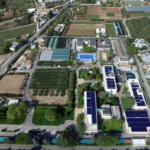
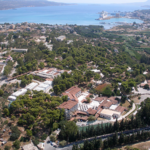
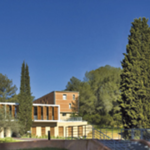
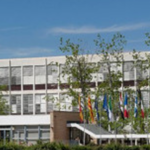
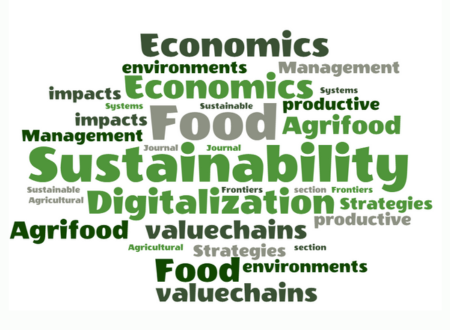
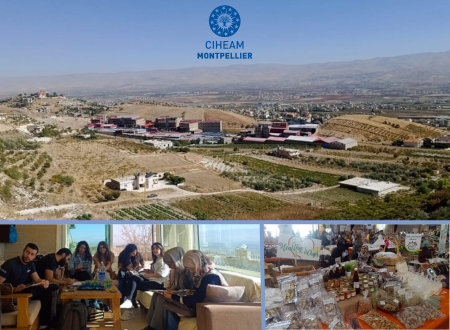
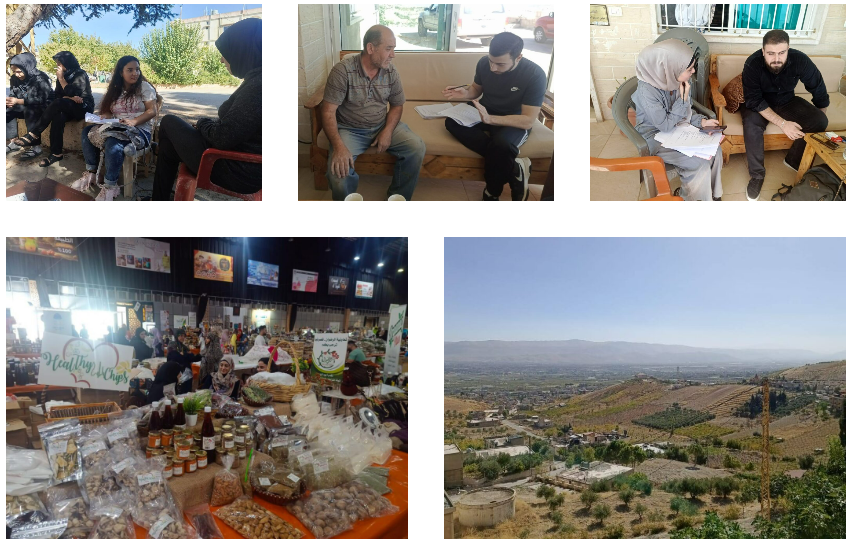


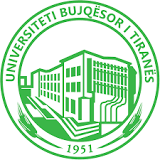
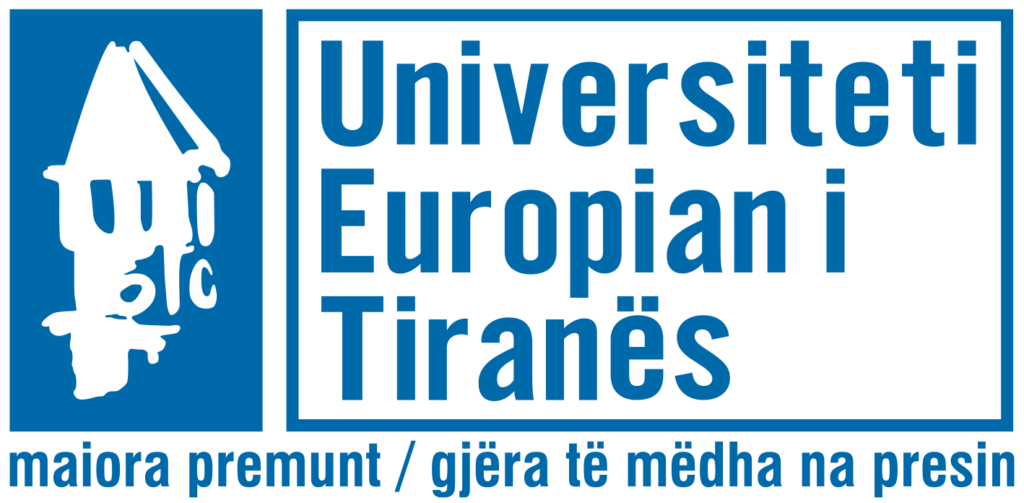


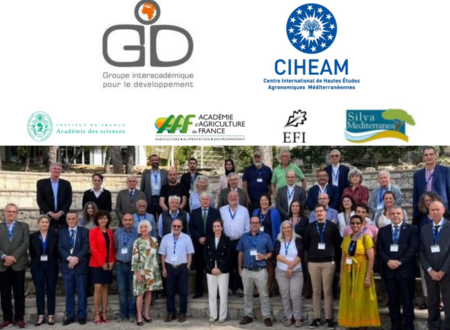
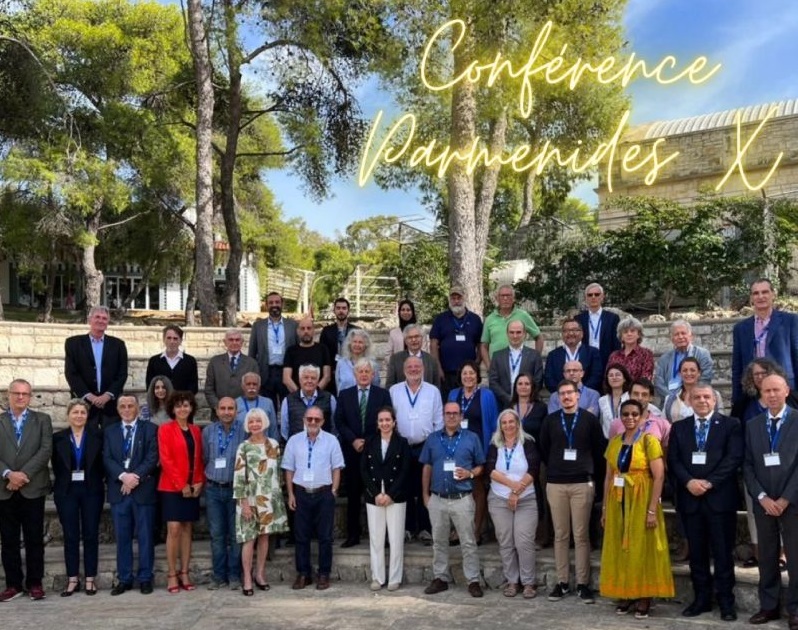
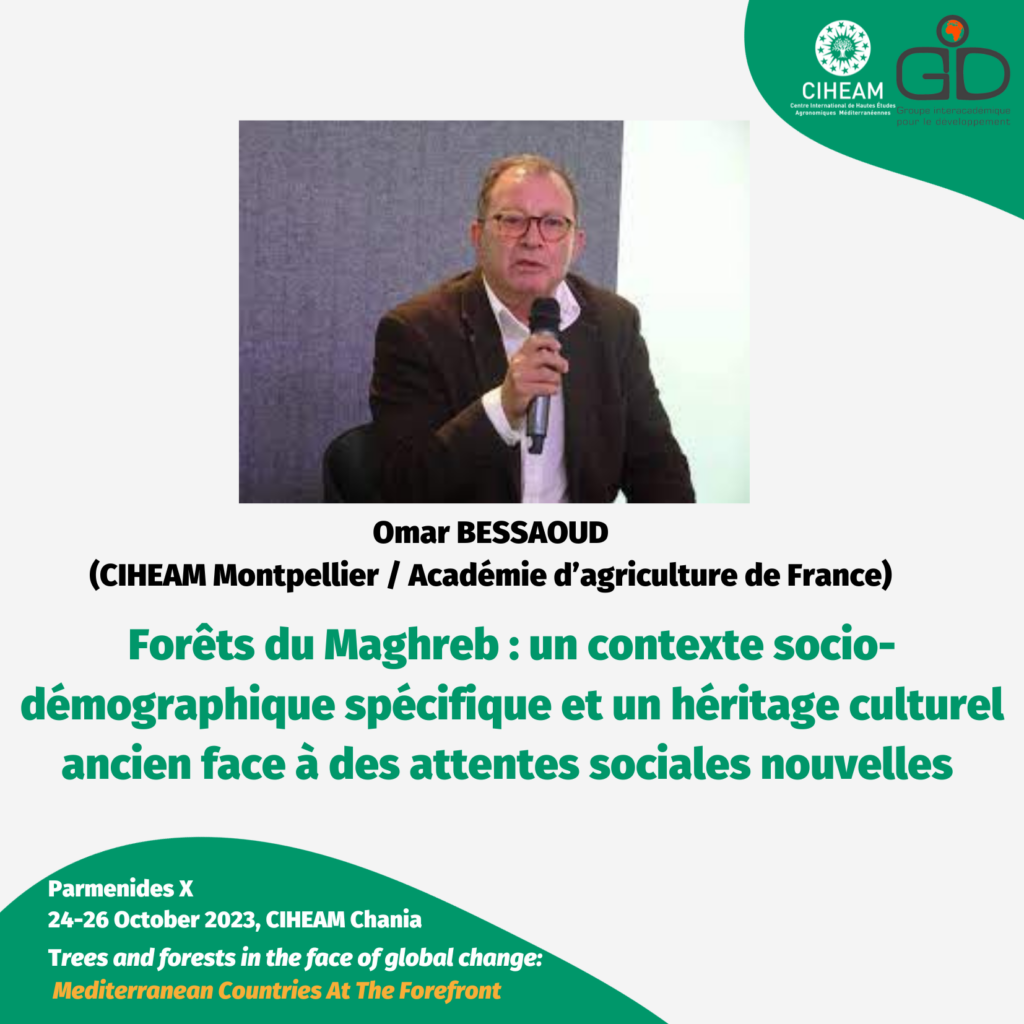
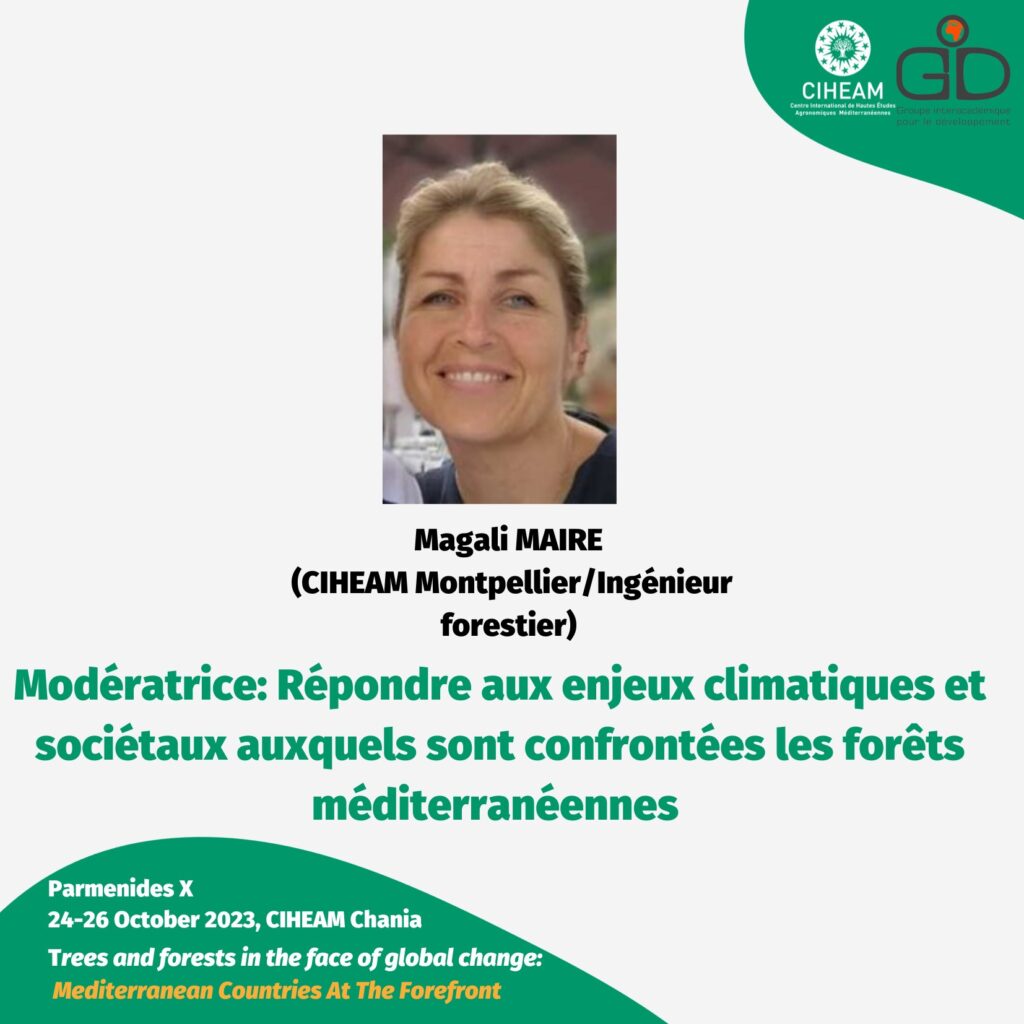
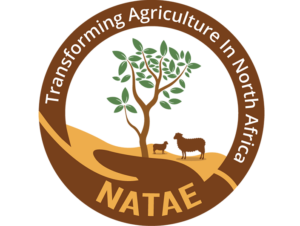
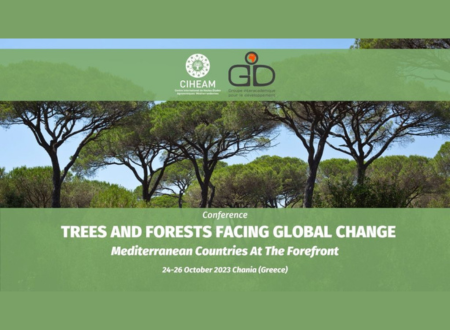
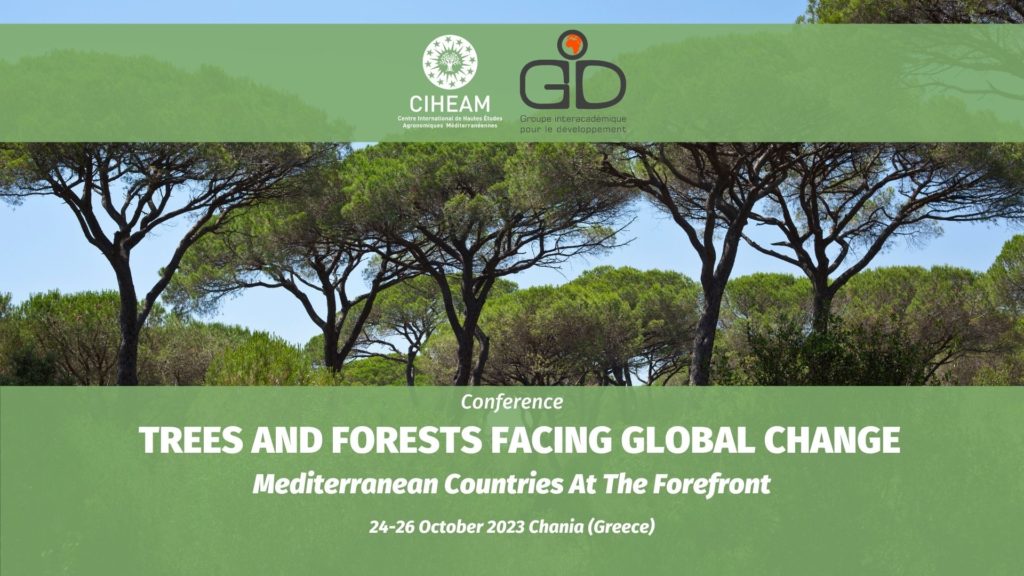
 Back to
Back to